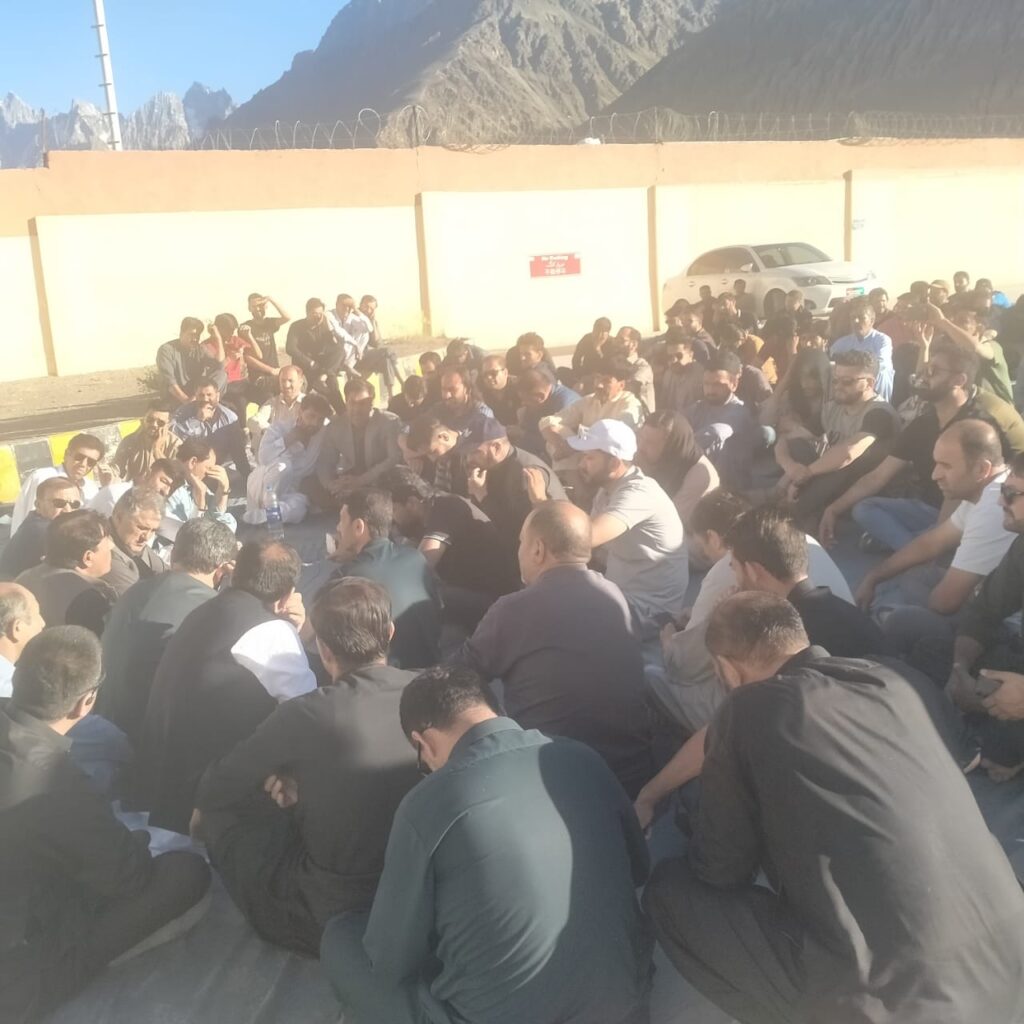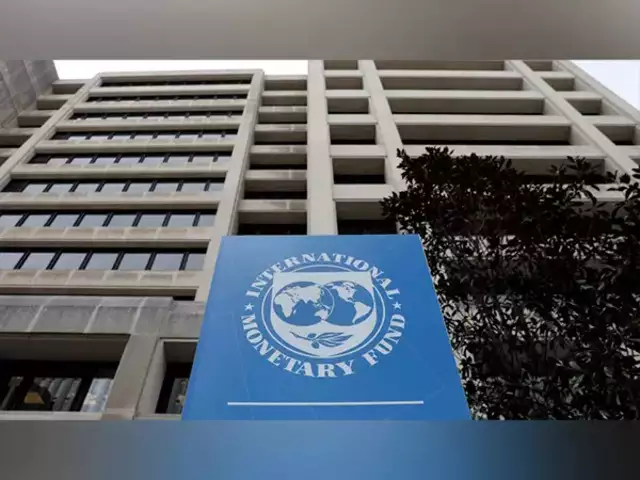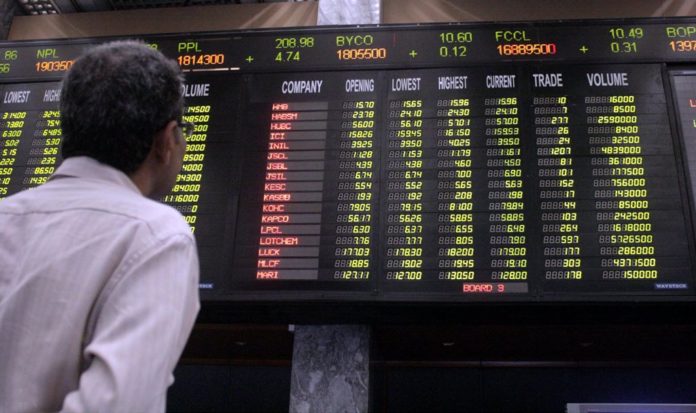Traders in Gilgit-Baltistan have taken a significant step by shutting down the Sost National Logistics Corporation (NLC) Dry Port. This action comes in response to the alleged non-compliance of the Gilgit-Baltistan Chief Court’s orders by the customs authorities. The situation has escalated into a major protest, affecting trade activities at the crucial border station.
On Saturday, the Gilgit-Baltistan Chief Court issued a stay order, instructing revenue authorities to halt the collection of sales tax, income tax, and additional sales tax from importers and exporters at the Sost border station. This stay order will remain in effect until a final decision is made in the ongoing case. The court’s decision came after the Gilgit-Baltistan Importer & Exporter Association filed a writ petition challenging the imposition of these taxes. The association argued that these taxes violated existing exemptions granted to Gilgit-Baltistan.
However, the situation took a turn when the customs collector at the Sost border station reportedly refused to implement the court’s orders. He stated that he had sought guidance from his superiors and would not enforce the decision until he received their instructions. This refusal to comply with the court’s orders sparked widespread condemnation from various trade bodies.
In response to the customs collector’s refusal, the Gilgit-Baltistan Chamber of Commerce and Industries (GBCCI) called for a gathering in Sost. A core committee and general body meeting were convened early Thursday, involving members from the GBCCI, the Importer & Exporter Association, the Baggage Trade Association, and other trade bodies.
Deputy General Secretary of the Gilgit-Baltistan Importer & Exporter Association, Afsar Jan, spoke to HUM News English about the developments. Jan detailed that the meeting culminated in a unanimous decision to hold a sit-in at the main gate of the port. “Following our decision, traders began a sit-in protest at the port, effectively halting all incoming and outgoing transport,” Jan reported.
During the protest, an official from the NLC approached the protesters with a request to allow TIR (Transports Internationaux Routiers or International Road Transport) vehicles to pass through. These TIR vehicles, belonging to Afghanistan, were being transported from China. However, the protesters stood firm in their resolve and refused the request, maintaining the blockade of the port’s main gate.
The TIR system is an international customs transit system designed to save time and money for transport operators and customs authorities by facilitating the movement of goods across borders. Despite the significance of these transports, the traders remained adamant in their protest. “We will not allow a single vehicle to enter or leave the port until the Gilgit-Baltistan Chief Court’s decision is implemented in true spirit,” Jan asserted.
The protest at Sost Dry Port is part of a broader strike by G-B traders, which has been ongoing since last month against the imposition of taxes. The suspension of trade at the Khunjerab Pass, which began in April, has severely impacted Gilgit-Baltistan’s economy. This region heavily relies on cross-border commerce, and the continued halt in trade activities has compounded economic challenges.
The traders’ protest highlights the broader issues of governance and compliance with judicial orders in Pakistan. The refusal of customs authorities to adhere to court directives raises concerns about the rule of law and the enforcement of legal decisions. It also underscores the frustrations of the business community in Gilgit-Baltistan, who feel their economic interests are being undermined by inconsistent and unfair tax policies.




